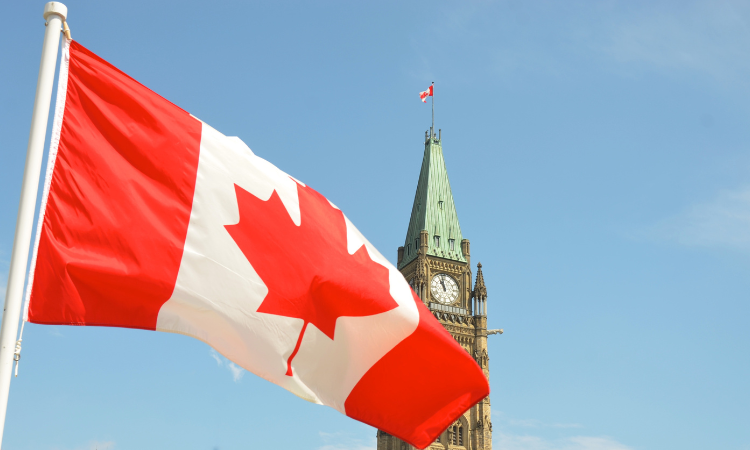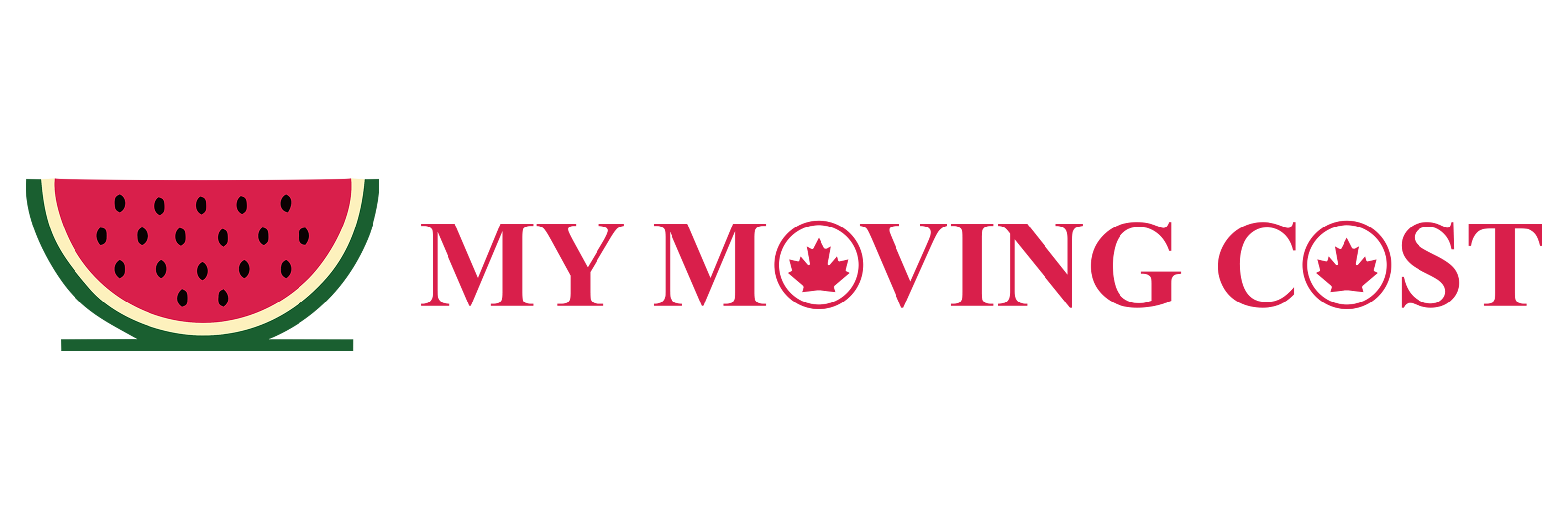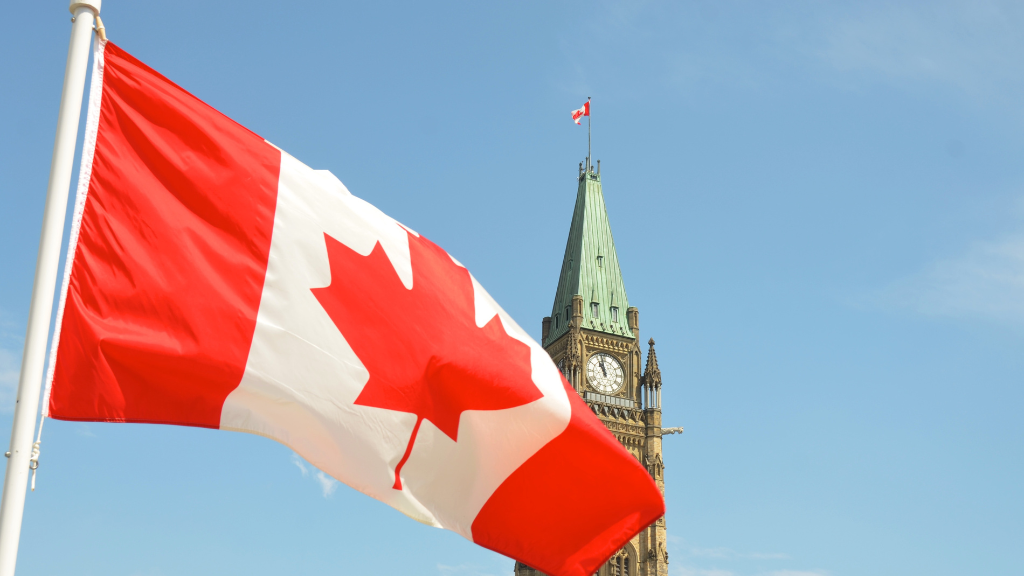Moving to Canada is a life-changing decision that can offer a world of opportunities from a high quality of life to diverse cultural experiences and a strong economy. Whether you’re relocating for work, study, family or simply seeking a fresh start, this comprehensive guide will help you navigate the process of moving to the Great White North.

Canada is known for its welcoming attitude towards immigrants, offering a warm embrace to people from all corners of the globe. This article will cover various aspects of the immigration process including visa options, housing, healthcare, education, employment, and tips for settling into your new Canadian life.
1. Visa and Immigration
The first step to moving to Canada is understanding the visa and immigration options available to you. Canada offers several pathways for newcomers, each with its own set of requirements:
a. Express Entry: This is a points-based system that selects candidates for permanent residence based on factors like age, education, work experience, and language proficiency.
b. Family Sponsorship: If you have relatives in Canada who are Canadian citizens or permanent residents, they may be able to sponsor your immigration.
c. Provincial Nominee Program (PNP): Each Canadian province and territory has its own immigration program, allowing them to select candidates based on their specific needs and criteria.
d. Study Permits: If you plan to study in Canada, you will need a study permit.
e. Work Permits: Depending on your situation, you might require a work permit to legally work in Canada.
It’s crucial to research and identify the most suitable immigration option for your specific circumstances. The application process can be time-consuming, so starting early is essential.
2. Housing
After securing your visa, the next step is finding suitable housing. Canada offers various types of accommodation from apartments to houses, condominiums and more. Major
cities like Toronto, Vancouver and Montreal can be expensive, so it’s essential to research and budget accordingly.
Here are a few tips:
a. Rental Market: Get familiar with the rental market in your desired location. Websites like Kijiji, Craigslist, and Realtor.ca can help you find available properties.
b. Temporary Housing: Consider temporary housing options like Airbnb or extended-stay hotels while you search for a permanent residence.
c. Local Services: Utilize the services of local real estate agents or rental agencies to help you find a suitable place.3. Healthcare
Canada’s healthcare system is publicly funded and it provides medical services to all Canadian citizens and permanent residents. To access healthcare as a newcomer, you may need to apply for the Provincial Health Insurance Plan (PHIP) in your province of residence.
Be aware that there may be a waiting period, so it’s advisable to purchase private health insurance during that time.
4. Education
Canada is known for its excellent education system, making it an attractive destination for students. If you’re moving to Canada with children, you’ll be pleased to know that the country offers a range of educational opportunities. Research local schools, colleges and universities in your area to find the best fit for your family.

Read more: COST RELATED QUESTIONS YOU SHOULD ASK TO MOVING COMPANIES
5. Employment
Finding a job in Canada can be a challenging yet rewarding experience. The Canadian job market is competitive, but with the right approach, you can secure meaningful employment.
Here are some tips:
a. Job Search: Use job search websites like Indeed, LinkedIn, and Monster to look for job openings in your field.
b. Networking: Build a professional network through local meetups, conferences and online communities. Networking can open doors to hidden job opportunities.
c. Resume and Cover Letter: Customize your resume and cover letter to match Canadian standards. Highlight your skills and experience relevant to the job you’re applying for.
d. Job Interviews: Prepare for job interviews by researching the company, practicing common interview questions, and showcasing your skills and experience confidently.
6. Settling In
Once you’ve arrived in Canada, the process of settling in begins. Here are some key considerations:
a. Cultural Adjustment: Embrace the multicultural society of Canada and take the time to understand the local customs and values.
b. Language: If English or French is not your first language, consider taking language classes to improve your communication skills.
c. Community Involvement: Get involved in your community through local clubs, organizations, and volunteering opportunities to meet new people and make friends.
d. Banking: Open a Canadian bank account to manage your finances and make transactions more convenient.
e. Driving: Familiarize yourself with the Canadian driving rules and regulations if you plan to drive in Canada.
Moving to Canada is an exciting journey filled with opportunities and new experiences. It’s crucial to plan and prepare thoroughly, from understanding the visa options to finding housing, securing healthcare, and building a career. With the right guidance and a positive attitude, your transition to Canada can be a smooth and rewarding adventure that leads to a brighter future in the Great White North. If you have any more questions regarding moving to Canada, finding a moving company, My Moving Cost Team will be more than happy to assist you.


